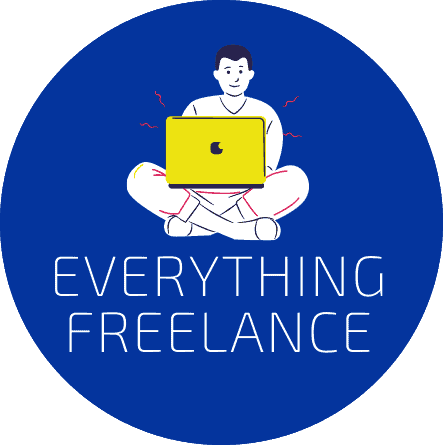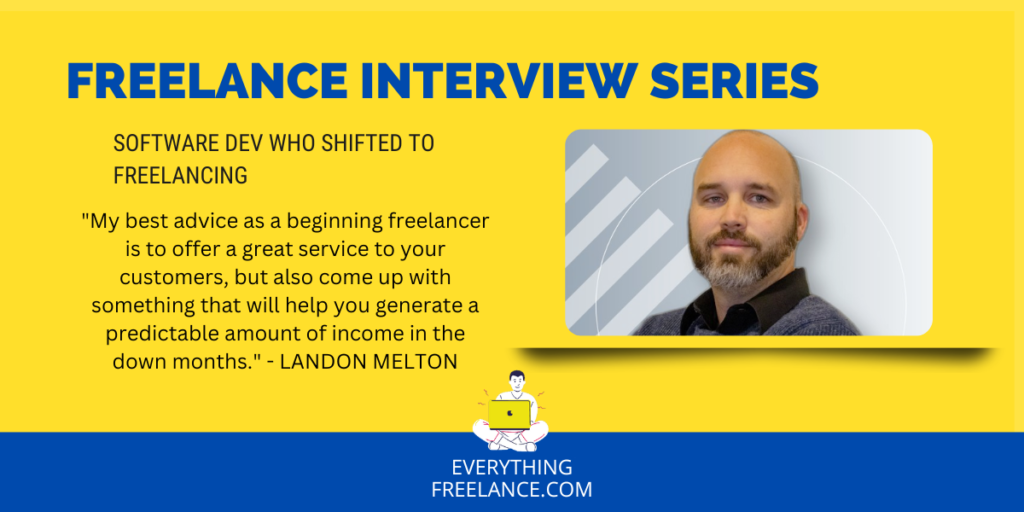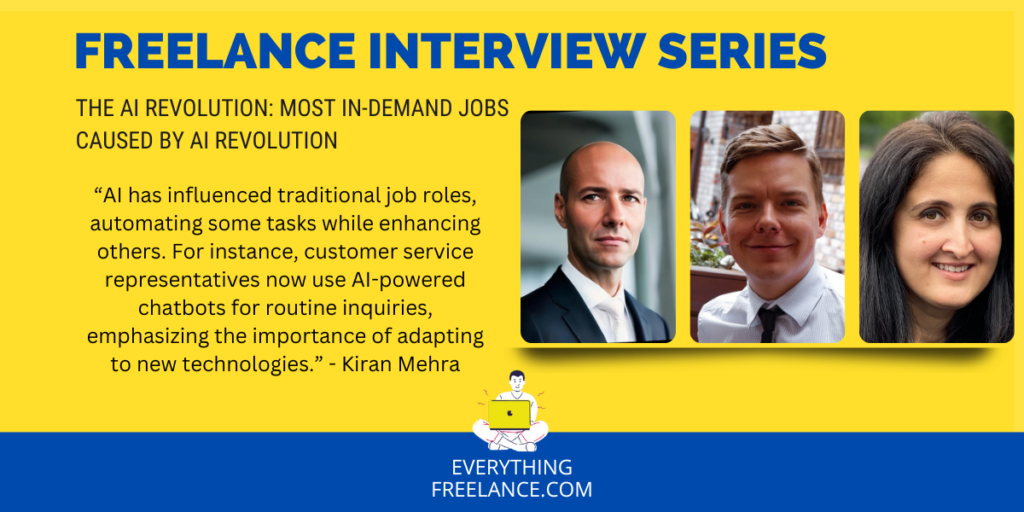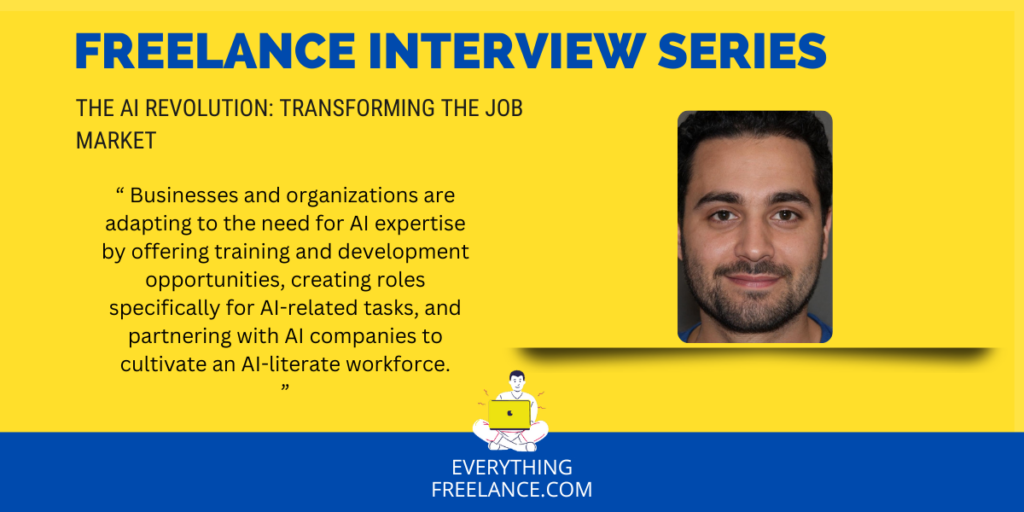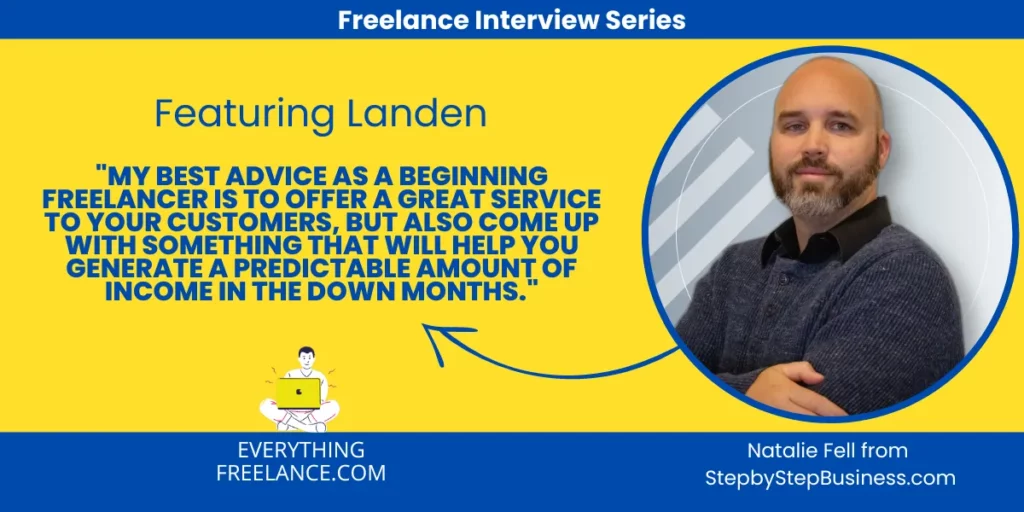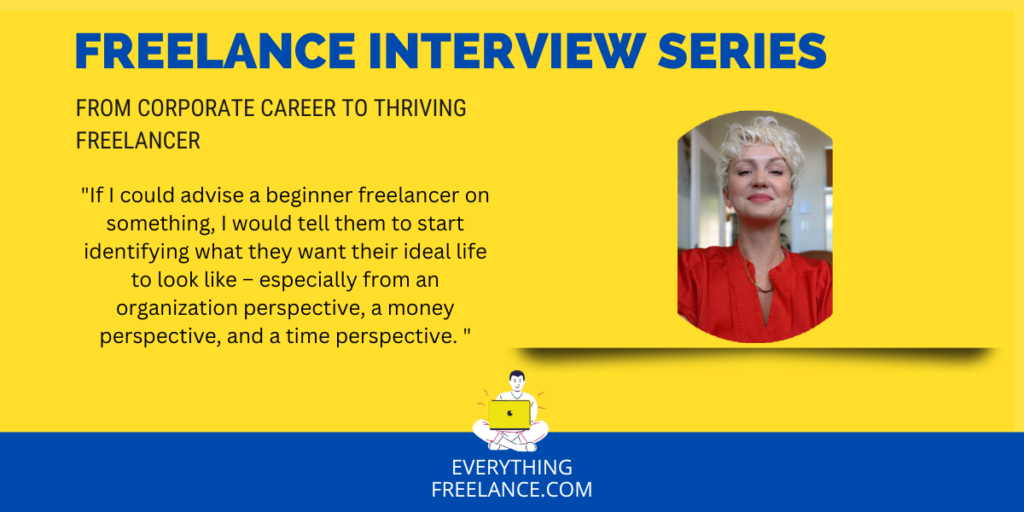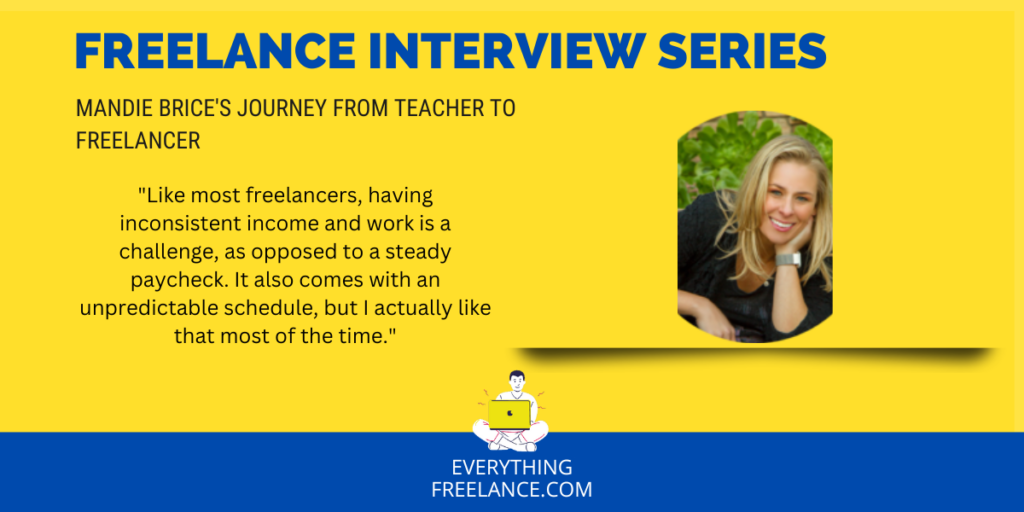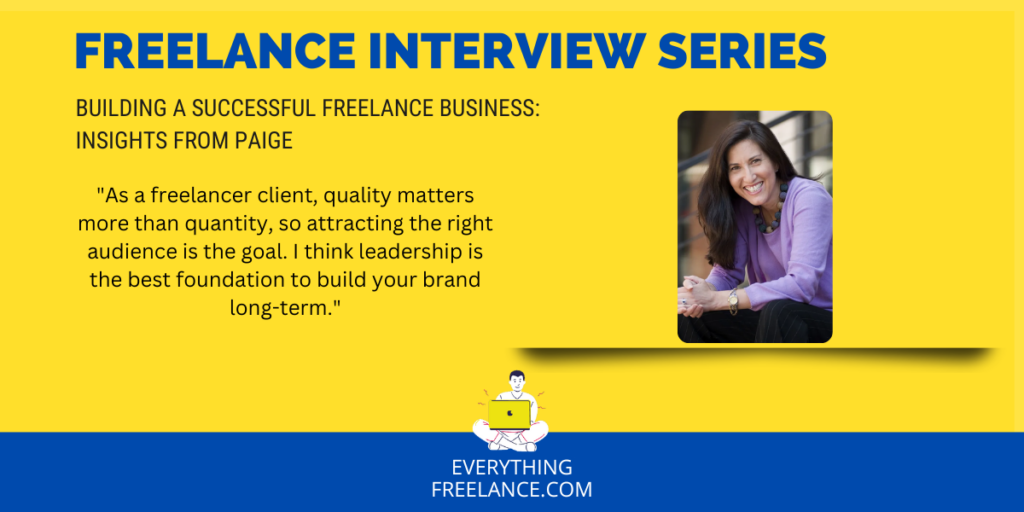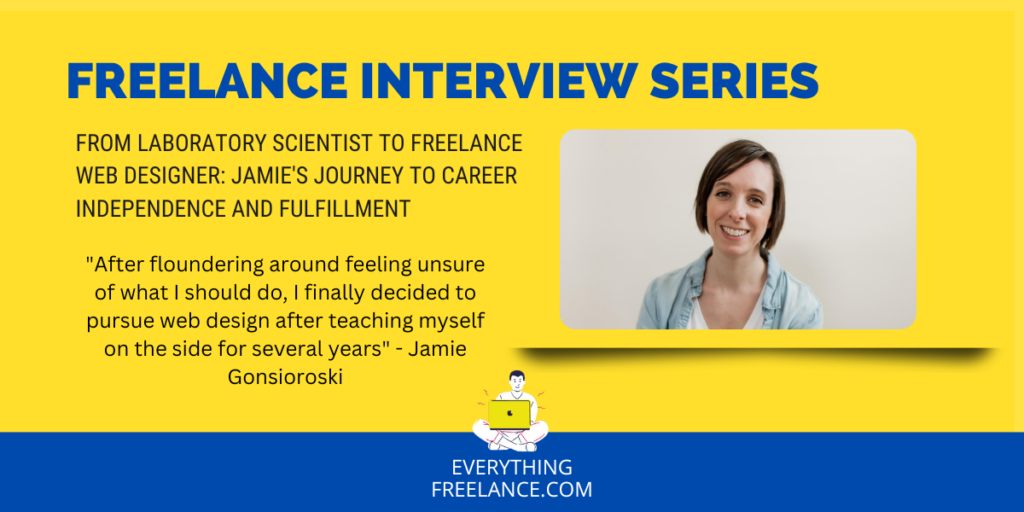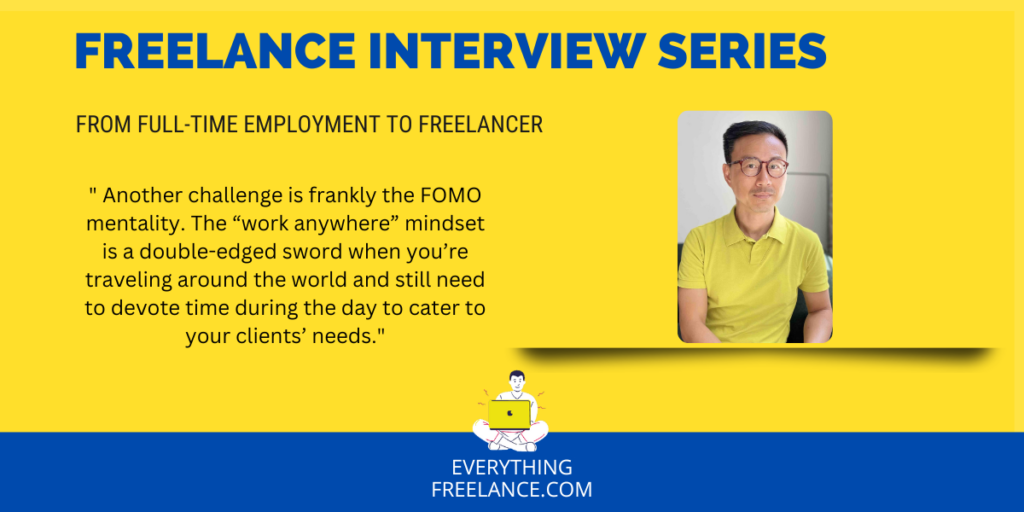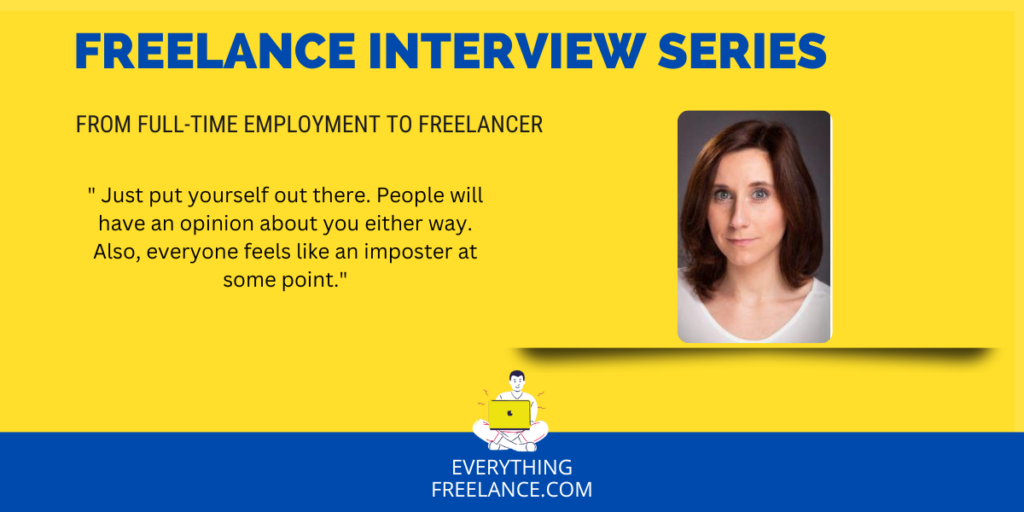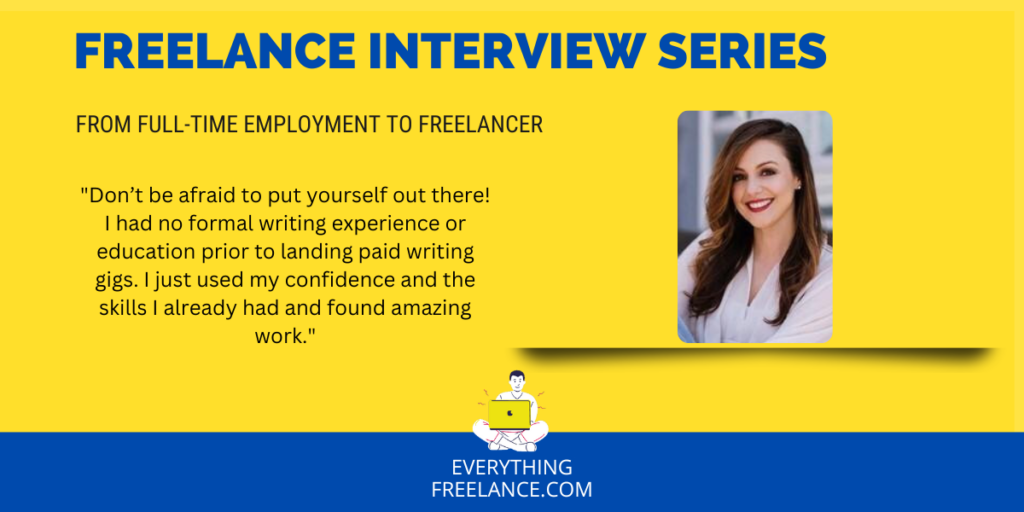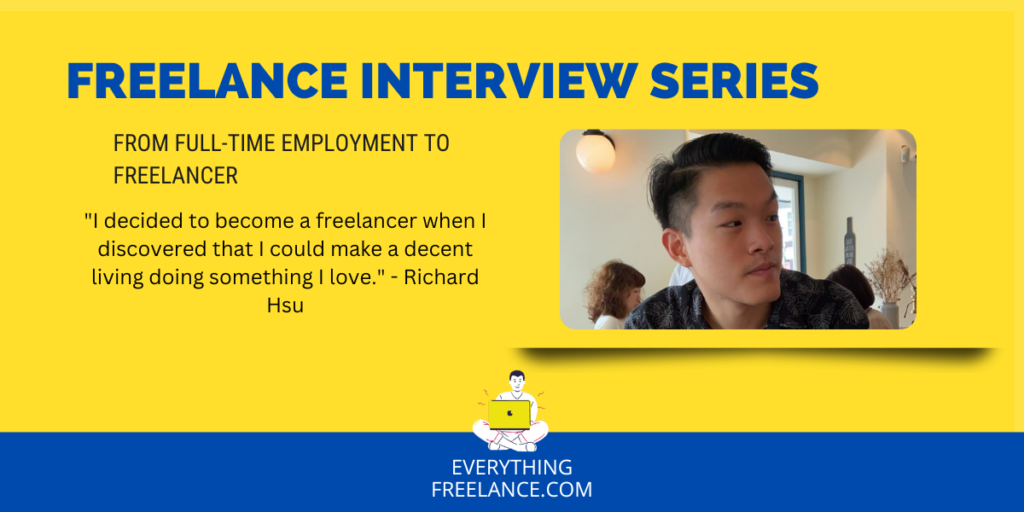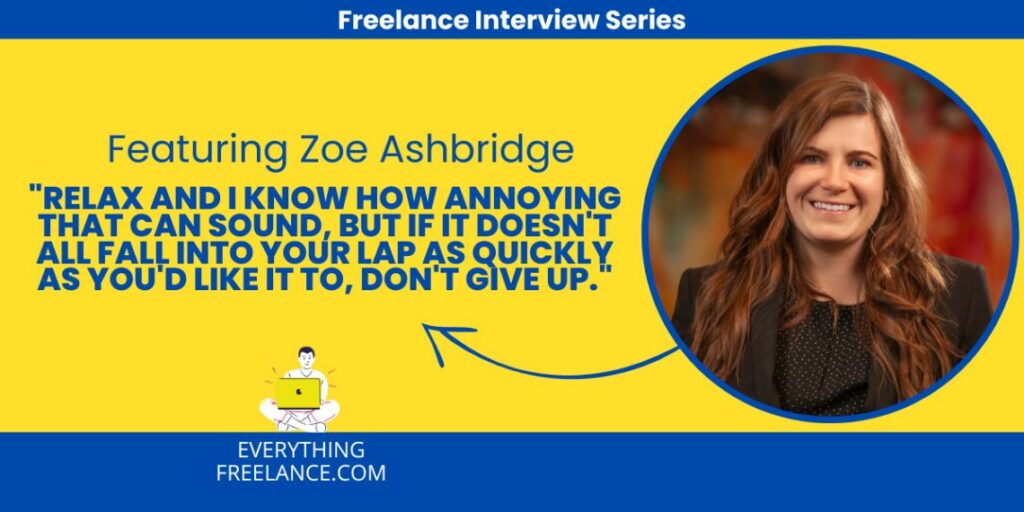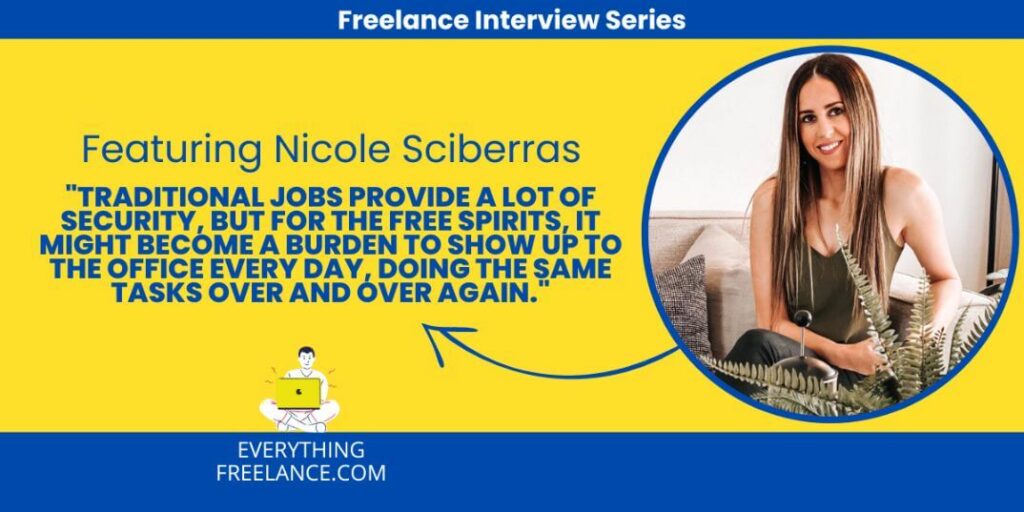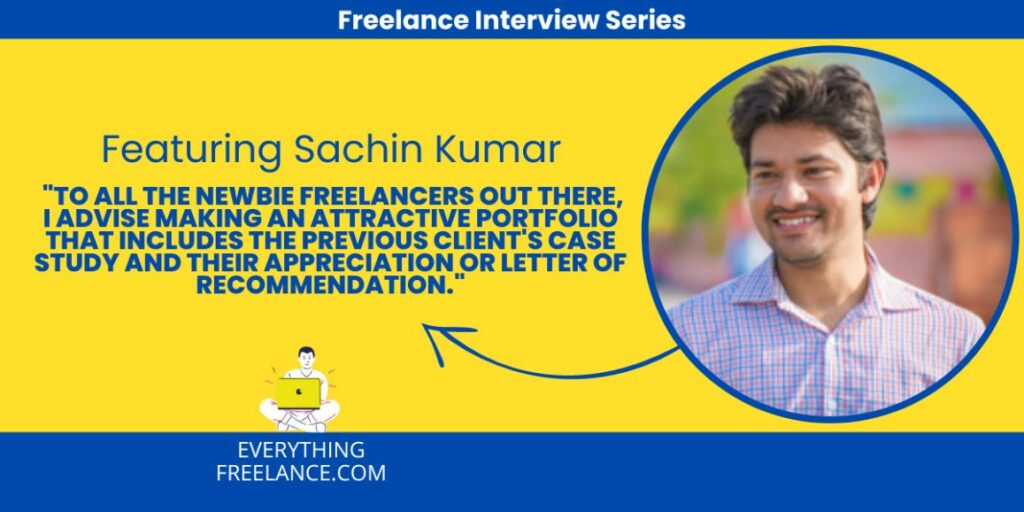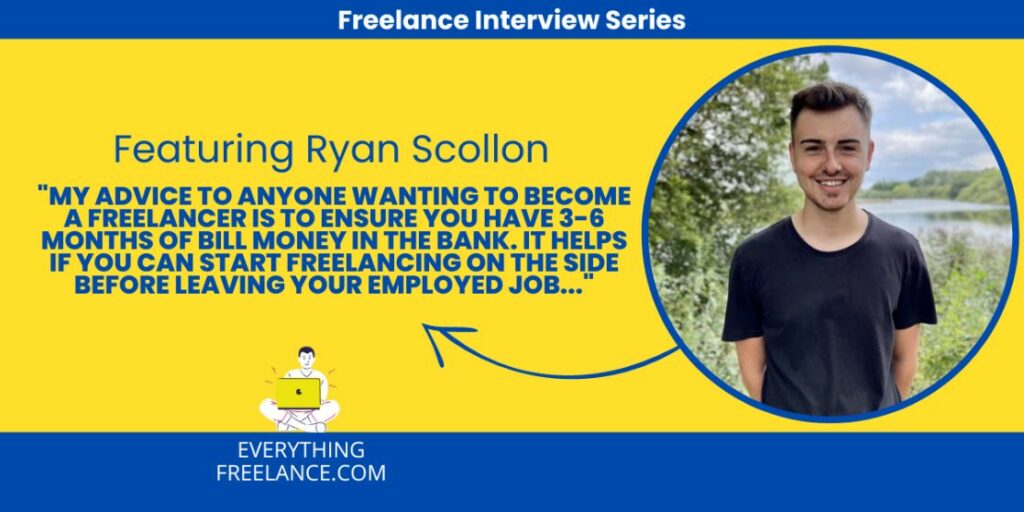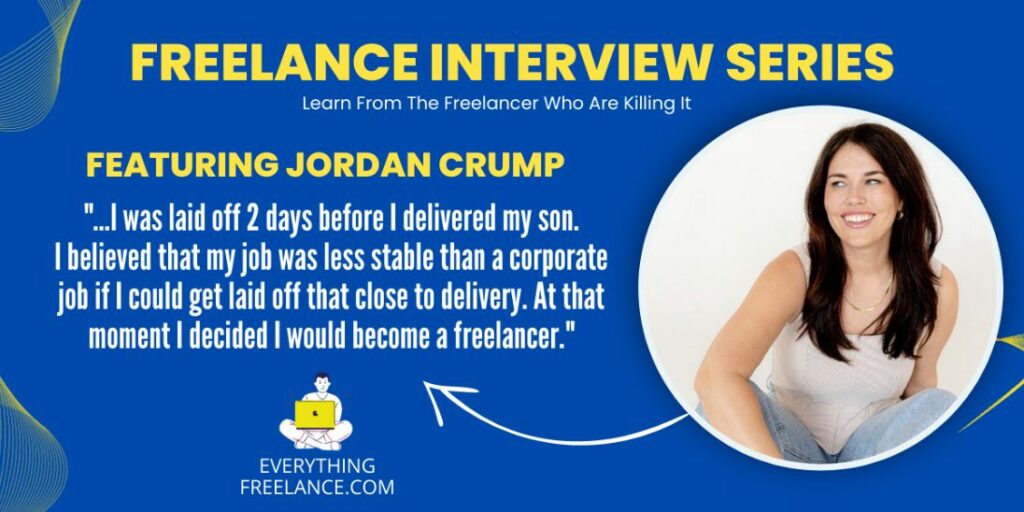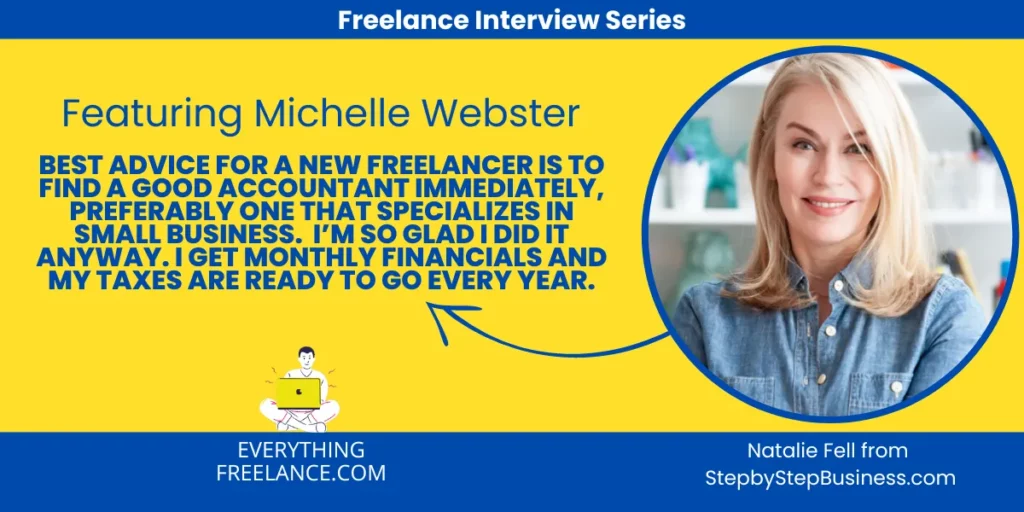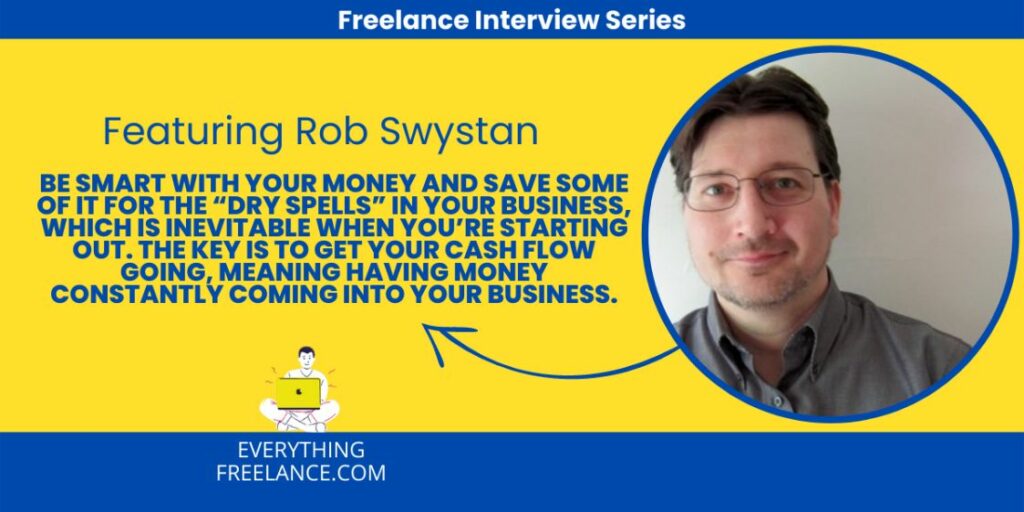Balancing work and life in the tech industry can be challenging. It is a fast-paced world where things are changing by the second, and your expertise is required 24/7. While this may be exciting for the young generation, it tends to get tiresome once you enter that phase of your life when you want to start a family.
The reason Landon Melton decided to pursue a freelancing career was exactly this. Working for a fintech company was an excellent experience for him. He was lucky to work for a company that nurtured a great company culture, but he needed to make changes due to the developments in his personal life.
Landon was aware that being a freelancer would not be easy and that fluctuations in income would be a potential problem, but that didn’t discourage him. He feels that every freelancer should be the captain of their ship and be in control of everything that happens.
Read on to learn more about how Landon adapted to freelancing and what he has to say about the pros and cons of being a freelancer.
Q: Please tell us a little about yourself, your expertise, etc.
A: My name is Landen and I’ve been a software developer and technology enthusiast for 25 years. I’ve worked in several professional roles in everything from support to development.
About 6 years ago, I decided that corporate work wasn’t for me anymore and I made the jump to become a freelancer and work for myself.
Q: Could you please describe your previous work as an employee?
A: Previously, I worked for a fintech company. We created, implemented, and supported banking software. We made everything from core banking systems to ancillary products like check imaging, loans, fraud detection systems, and much more.
I specifically worked in the check imaging product supporting and deploying systems to new and existing customers.
Q: What was the point where you decided to become a freelancer?
A: The company was a wonderful company to work for, had a great culture, and really took care of their employees.
However, the work-life balance wasn’t always the best. Being in tech, you reserve yourself to always being on call or available if something goes sideways and you’re the SME for that software or product.
This was fine for me in my 20s when I didn’t have any kids and was newly married. But after having our first child, this lifestyle wasn’t something I was willing to keep up with.
After being on call and working many nights and weekends for years, I decided I didn’t want to do that anymore and called it quits.
Q: What are some of the challenges you’re facing as a freelancer?
A: As a freelancer, you’re the master of your own domain. This means you get all the benefits and deal with all the issues. One large issue that is constant for a freelancer is the fluctuations in income.
Some months, you’ll be slammed with projects and the income from them will be great. In other months, you have little to no projects and no income.

Mastering this up and down of income flow is a must for any freelancer just starting out.
Q: Can you offer beginner freelancers any advice?
A: My best advice as a beginning freelancer is to offer a great service to your customers, but also come up with something that will help you generate a predictable amount of income in the down months. For example, as a web and SEO specialist, I have large website projects that I deploy for new customers.
That’s a large chunk of income for me and is great. But I always offer my website customers the option to become monthly customers for my SEO services.
This allows them to pay me a monthly fee, which gives me some predictable income, while at the same time allowing me to offer a continual service to them keeping them as a close customer for any future needs they have, and also strengthens our relationship and increases the likelihood of ongoing referrals.
Q: How do you handle inflation as a freelancer?
A: If you’re just starting out as a freelancer, you might not be able to charge the price you want because you don’t have a large referral base or any positive customer reviews. However, if you stick with it, that will quickly change allowing you to charge more.
To combat inflation, I always increase my prices by at least 10% each year. Existing customers remain on the same price plan, but new customers will pay the new price.
I’ve done this for 6 years now and I’ve never had anyone tell me I’m too expensive. With 6+ years of experience, I know my work is fast and excellent, and increasing my rates helps offset inflation each year.
Q: What do you do to get new clients?
A: I’ve tried a variety of ways to get new clients. I’ve tried email marketing, social media, and cold outreach. I haven’t seen extreme success from any of them. I’m currently exploring TikTok short-form content, but that remains new.

However, the most success I’ve ever seen is from personal referrals.
Reach out to your personal friends (either on Facebook or another way) and ask them if anyone knows of a company or person who needs the service you’re offering.
This usually results in a quick lead and then pursuing that lead.
After completing your first project, ask that new customer if they can give you a review and if they know anyone else who might need help. This is the best way I’ve ever seen to get new clients. Personal referrals just work.
Q: Name one mistake that you made as a freelancer.
A: The biggest mistake I made as a new freelancer is trying to chase too many rabbits. What I mean is I tried to post on every social media platform, chase the latest trends in marketing, and pursue all the new shiny objects.
However, if I were to just pick a single medium and stick with it (whether that be email marketing, Facebook, Instagram, etc…) all these years, no matter how mediocre I was at it, I’d more than likely have a larger audience than bouncing around to them all.
Don’t get me wrong, experimenting and finding your audience is important, but once you find something that even slightly works, stick with it. Shiny object syndrome is a freelancer’s worst nightmare.
Q: How can potential clients find you?
A: I can be reached through my website, and LinkedIn profile or you can also visit my Tic Toc account.
- https://meltonsolutionsllc.com
- https://www.linkedin.com/in/landenm/
- https://www.tiktok.com/@meltonsolutions
One of the many mistakes that freelancers make is they spread out too wide only to realize they cannot pursue everything. This may lead to failure and dissatisfaction, one of the reasons why freelancing is not considered a safe career option. Start out by sticking to one thing and plan your expansion carefully and strategically. You want to create a list of happy clients that will remain with you for years.
Every freelancer wishes to have a stable income throughout the year.
Finding ways to keep the clients will fill in that fluctuating income gap that freelancers face may take a lot of work. Allowing clients to use your services for a monthly fee, as Landon did, will provide that stable income and create long-term relationships.
Be inventive and see what you can do to stimulate clients into staying with you for the long run. Don’t build your referral base by charging outrageous prices. Check out the market and create a reasonable price which you can later increase as your experience and referral base increase.
One last useful piece of advice from Landon is to keep the same prices for your existing clients and slightly increase the prices for the new potential clients. Ten percent is not much increase if done annually, but it helps offset inflation that is causing problems in every industry today.
